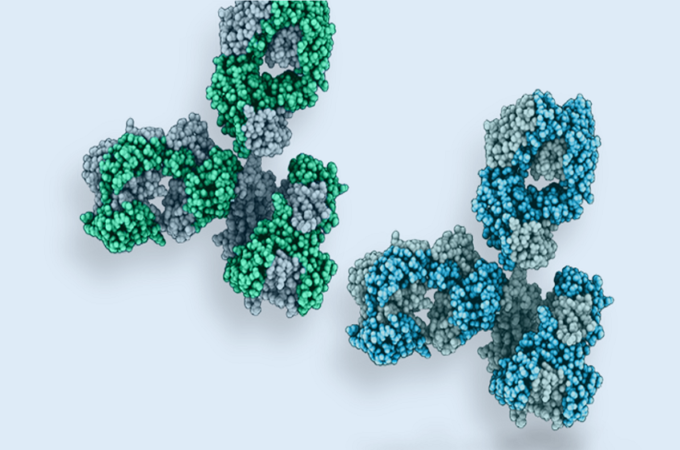
Unlocking Relief: Physiotherapy Techniques for Frozen Shoulder
Understanding Frozen Shoulder
Frozen shoulder, or adhesive capsulitis, manifests as stiffness and pain in the shoulder joint. Its onset is gradual, progressively limiting mobility and diminishing quality of life. While its exact cause is often unclear, factors such as previous shoulder injuries, diabetes, and extended periods of immobility contribute to its development.
Common Symptoms Experienced
Individuals with frozen shoulder frequently endure pain and stiffness in the shoulder joint, exacerbated by movement. Routine activities like reaching overhead or behind the back become arduous and uncomfortable. In severe cases, the shoulder may become so rigid that it feels immobile, hence the term “frozen shoulder.”
Importance of Timely Intervention
Early intervention is paramount for effective management of frozen shoulder. Untreated symptoms can persist for months or even years, resulting in further deterioration of mobility and function. Physiotherapy emerges as a crucial component in alleviating pain, enhancing range of motion, and restoring shoulder functionality.
How Physiotherapy Helps Alleviate Frozen Shoulder
Physiotherapy employs a multifaceted approach to address frozen shoulder symptoms and facilitate recovery. A primary objective is to enhance shoulder joint range of motion through targeted exercises, stretching, and strengthening of surrounding muscles to promote flexibility and mobility.
Manual Therapy Techniques to Reduce Stiffness
Physiotherapists often utilise manual therapy techniques, such as gentle manipulation, massage therapy, and mobilisation, to mitigate stiffness and improve joint mobility. These interventions aim to disperse scar tissue and adhesions contributing to stiffness.
Importance of Posture Correction in Recovery
Posture correction assumes significance in physiotherapy for frozen shoulder. Poor posture can exacerbate pain and stiffness by placing undue strain on muscles and joints. Physiotherapists collaborate with patients to identify and rectify postural imbalances, alleviating pain and averting further injury.
Tailored Physiotherapy Approaches for Different Stages of Frozen Shoulder
Physiotherapy strategies are tailored to accommodate varying stages of frozen shoulder and symptom severity. In the early stages, treatment may prioritise pain management and gentle mobilisation exercises. As the condition progresses, exercises intensify to enhance flexibility and strength. Advanced-stage treatment may encompass strengthening and stability exercises for sustained recovery.
Incorporating Heat and Cold Therapy in Physiotherapy Sessions
Heat and cold therapy serve as common adjuncts to physiotherapy for frozen shoulder. Heat therapy facilitates muscle relaxation and enhances blood flow, while cold therapy mitigates inflammation and alleviates pain. Physiotherapists integrate these modalities into treatment sessions to augment effectiveness.
Empowering Patients with Home Exercise Programs
Patients are empowered to actively participate in their recovery through personalised home exercise programs. Consistency is pivotal, and patients are encouraged to adhere to their prescribed regimen to maximise outcomes.
Addressing Individual Needs through Holistic Care
Physiotherapy adopts a holistic approach, acknowledging individual needs and aspirations. Treatment plans encompass physical symptoms and encompass psychological and emotional aspects of recovery. Mind-body techniques, such as relaxation exercises, foster overall well-being.
Monitoring Progress and Adjusting Treatment as Needed
Regular monitoring of progress is imperative in physiotherapy for frozen shoulder. Physiotherapists conduct periodic assessments to gauge improvements and modify treatment plans as necessary to optimise outcomes.
Precautions and Tips for Preventing Recurrence
Physiotherapists impart guidance on preventing recurrence of frozen shoulder, encompassing education on proper posture and ergonomics, as well as lifestyle modifications to support shoulder health.
Physiotherapy presents an effective treatment modality for frozen shoulder, addressing both symptoms and underlying causes. By integrating exercises, manual therapy, and lifestyle modifications, physiotherapists aid patients in regaining mobility, alleviating pain, and enhancing quality of life.





